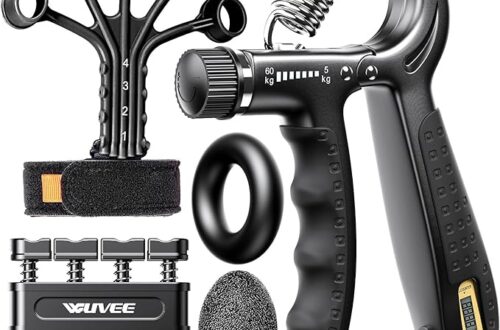Introduction
Navigating daily life after a stroke, dealing with conditions like Parkinson’s disease, or managing age-related muscle weakness can be challenging, especially when it comes to the simple act of eating. Weighted utensils have emerged as a game-changer in this arena, offering a practical solution to help individuals regain their dining independence. In this article, we’ll explore the benefits of weighted utensils and how they can significantly improve the quality of life for many.
What are Weighted Utensils?
Weighted utensils are specially designed eating tools that have additional weight added to their handles. This extra weight provides greater control for individuals who struggle with tremors, limited coordination, or reduced strength in their hands and arms. These utensils typically include forks, spoons, and knives, each adapted to make the process of eating easier and more comfortable.
Benefits of Weighted Utensils
- Improved Control: The added weight helps stabilize the hand, reducing tremors and involuntary movements. This leads to better control while eating, making the process smoother and less frustrating.
- Enhanced Grip and Comfort: Many weighted utensils come with ergonomic handles, making them easier to grip. This is particularly beneficial for those with arthritis or limited dexterity.
- Increased Independence: By making eating less of a challenge, these utensils empower individuals to dine independently, boosting their confidence and overall well-being.
- Reduced Spillage and Accidents: The improved control also means there’s less likelihood of spillage or accidents during meals, making for a more enjoyable dining experience.
- Versatility: Weighted utensils are designed to be used by anyone experiencing hand tremors, weakness, or coordination issues, regardless of the underlying cause.
Choosing the Right Weighted Utensils
When selecting weighted utensils, consider the following:
- Weight: The ideal weight varies from person to person. It’s important to find a weight that feels comfortable and effective for the user.
- Handle Design: Look for handles that are easy to grip and ergonomically designed to reduce strain on the hand.
- Material: Ensure the materials are durable and easy to clean. Stainless steel with silicone or rubber handles is often a good choice.
- Style: There are various styles available, so choose utensils that suit the user’s specific needs and preferences.
Conclusion
Weighted utensils are not just tools; they are enablers of dignity and independence. By mitigating the challenges posed by tremors, weak grip, or coordination issues, these utensils play a crucial role in enhancing the quality of life for many individuals. Whether for personal use or for a loved one, investing in a set of weighted utensils can make a significant difference in the daily dining experience.




